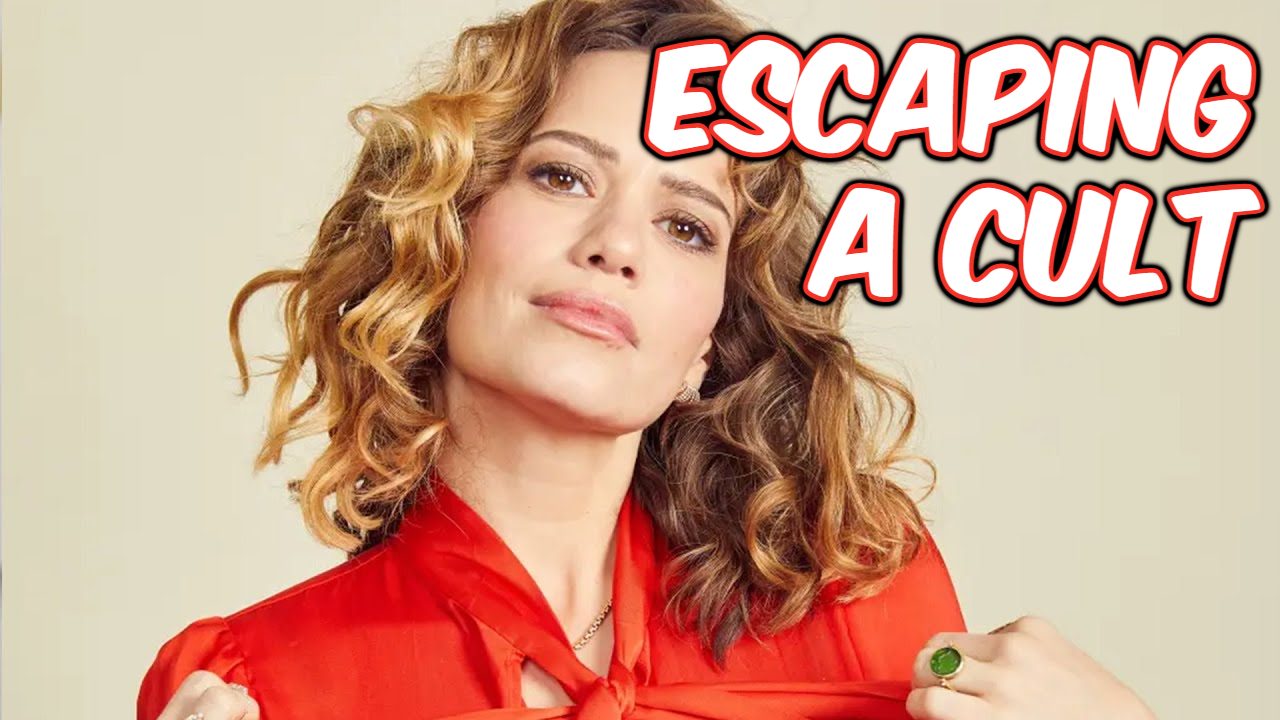For a decade, actress Bethany Joy Lenz lived a double life: on screen, she was Haley James Scott, beloved star of One Tree Hill, but off-screen, she was deeply enmeshed in a religious cult that consumed her personal life. Lenz, who opens up about her experience in an upcoming memoir titled Dinner for Vampires, recently shared the details of her journey with People magazine.
Reflecting on how she became entangled with the cult, Lenz said, “I decided what I wanted to believe, and rather than being willing to look at the belief system and measure it, I adjusted everything around me to fit.” The cult was her whole world, she explained, providing not just a spiritual home but also her closest relationships and even her marriage. “The stakes were really high if I admitted I was wrong,” she confessed.
Lenz describes how her desire for community, and her upbringing in the Evangelical Church, made her susceptible to the cult’s lure. She recalled how it all started with weekly Bible study sessions. “It looked so normal,” she said. “And it was at first, and then it just morphed, but by the time it started morphing, I was too far into the relationships to really notice.” As she became more involved, Lenz even moved to Idaho to live in a commune-like setting called “the Big House,” where, under the control of a pastor she identifies as “Les,” she lost autonomy over her life and finances.
Leaving the group wasn’t easy, but the birth of her daughter in 2011 gave Lenz the strength to break free. She returned to Hollywood, reeling from the effects of her decade-long ordeal. “To leave a TV show after nine seasons, to leave all my friends… to leave my marriage, to leave the state, all at the same time, and just me and my baby in Hollywood… it was legitimately, incredibly difficult,” she revealed.
As she navigated her recovery, Lenz faced the monumental task of rebuilding her life. “I had many, many weeping-on-the-floor nights, just trying to figure out how to manage and what I was going to do. And what to do with my emotions: the anger, the injustice.”
Lenz’s memoir is not about revenge, she emphasized, but rather about healing and helping others. “I just wanted to tell an honest truth about what happened,” she said. She hopes her story will resonate with those who feel trapped in similar situations or are carrying shame from past experiences. “I’m still healing,” she said. “But I feel at peace. The further away I get from it, the more good things I see have come out of walking through that.”


Leave a Comment